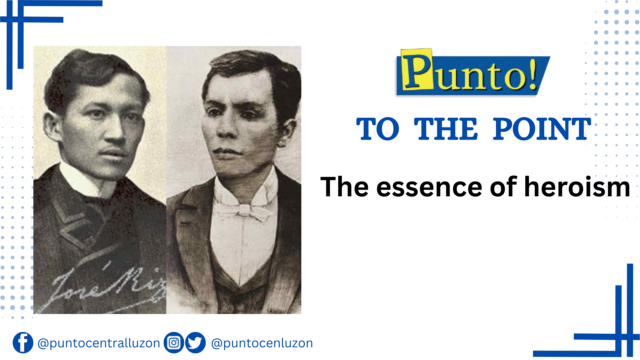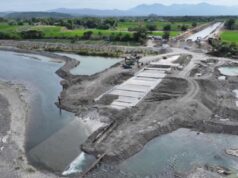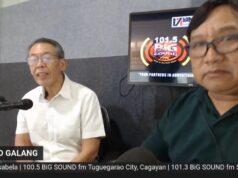MERELY PAYING tribute to Rizal and Bonifacio, Mabini and Jacinto, Jaena, the Lunas and the del Pilars, Sakay, onto Abad Santos and Aquino, and all those who consecrated their lives to this nation hardly draws out the meaning of the National Heroes Day celebrations.
To take the full measure of the day, it is not enough that we commemorate what our heroes did. It is a requisite that we imbibe their spirit. It is a must that we match their deeds with our own.
No, we do not mean we should all die like them. As a smart-aleck once said: “There is one thing about heroes and saints that I don’t aspire to be – that is their being dead.”
Aye, heroism has since become the subject of humor, even the object of derision, in these unheroic times. As that common caution to the heroic goes: “Huwag ka nang magpakabayani. Binabaril yan sa Luneta.”
We don’t have to die, if only to emulate our heroes. They have done the fighting and the dying for our country. Our task is to live for our country. The song of our heroes for the Motherland is “ang mamatay nang dahil sa iyo.” Our song for her is “ang mabuhay para sa iyo.”
Dying for the country is the stuff of heroism. Living for the country is the essence of civic responsibility. Living for the country is our sacred call to duty.
Yes, Ninoy Aquino was right: “The Filipino is worth dying for.”
So are we equally correct: “The Filipino is worth living for.”
So how well have we responded to that call? How well have we served, and still serve our people?
For those in government, that call to duty assumes an even greater magnitude.
It is not uncommon to find in government people who value themselves as privileged by virtue of a padrino’s influence imposed on their behalf. Consequently, they feel no obligation to serve the public, or if they do so, they seek additional consideration as an entitlement.
It is not uncommon among government people to see a government post as a sinecure, an office that requires no work but pays off most handsomely.
It is not uncommon for government leaders to value themselves as Providentially-appointed and thus bequeathed with divine rights to wrong their constituencies.
With such misgiven commonalities in government, what service can still be rendered to the public?
For the public at large, the so-called civil society most specially, living-for-the-country goes beyond the perfunctory relief-giving in times of calamities, way beyond the routinary round-table discussions of issues besetting the people, way beyond the television soundbytes of commitment to the poor and the marginalized. Living-for-the-people is pure will found manifest in the act of tangibilities: of real service.
No, we are not called upon to render the supreme act of heroism. We are called to be true and faithful to our civic responsibility. Good citizenship is the essence of heroism.





